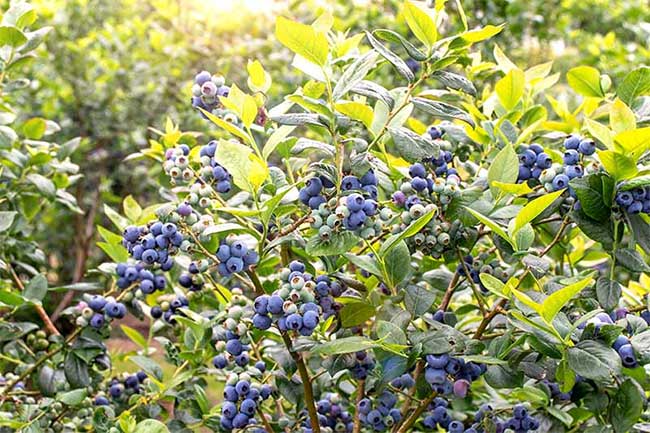At the end of last year, beehives around Coffs Harbour, located in the Mid North Coast region, were destroyed to prevent the spread of the Varroa mite – a parasite that severely affects bees, impairing their ability to fly, forage, and pollinate.

The native fly Eristalis tenax has the ability to pollinate when they come into contact with pollen and nectar.
Rachel Mackenzie, CEO of Berries Australia, stated that Varroa mites cause significant damage. They lead to crop failures in some raspberry and blackberry growing areas, reduce the quality of berries in other regions, and increase the pollination costs for growers.
This situation prompted Berries Australia to collaborate with the horticultural research agency Hort Innovation to expand the native fly pollination project in the Coffs Coast area of Coffs Harbour. She explained that the idea for this project emerged when farmers realized they could not rely solely on European honeybees for pollinating their crops.
Similar to honeybees, the native fly Eristalis tenax (commonly known as the “rat-tailed maggot fly”) feeds on nectar from flowers and is capable of pollination when they come into contact with pollen and nectar.
The upcoming trial in Coffs Harbour is expected to be led by the University of New England (Australia) and the seed technology company seedPurity to explore how the “rat-tailed” flies pollinate at berry farms in the area. The trial will also assess how farmers utilize native flies to replace honeybees for crop pollination.
Professor Cameron Spurr, who works at seedPurity, emphasized the importance of helping farmers in the Coffs Coast overcome their “bias” against flies. Most people view flies as pests, yet many fly species are beneficial. After learning about the type of fly that researchers will be testing, many locals expressed interest in participating in the project.
Promising results from blackberry farms in Tasmania are one of the reasons Professor Spurr feels confident about the upcoming pilot in Coffs Harbour. The trial is scheduled to kick off in April and will last for three years.


















































